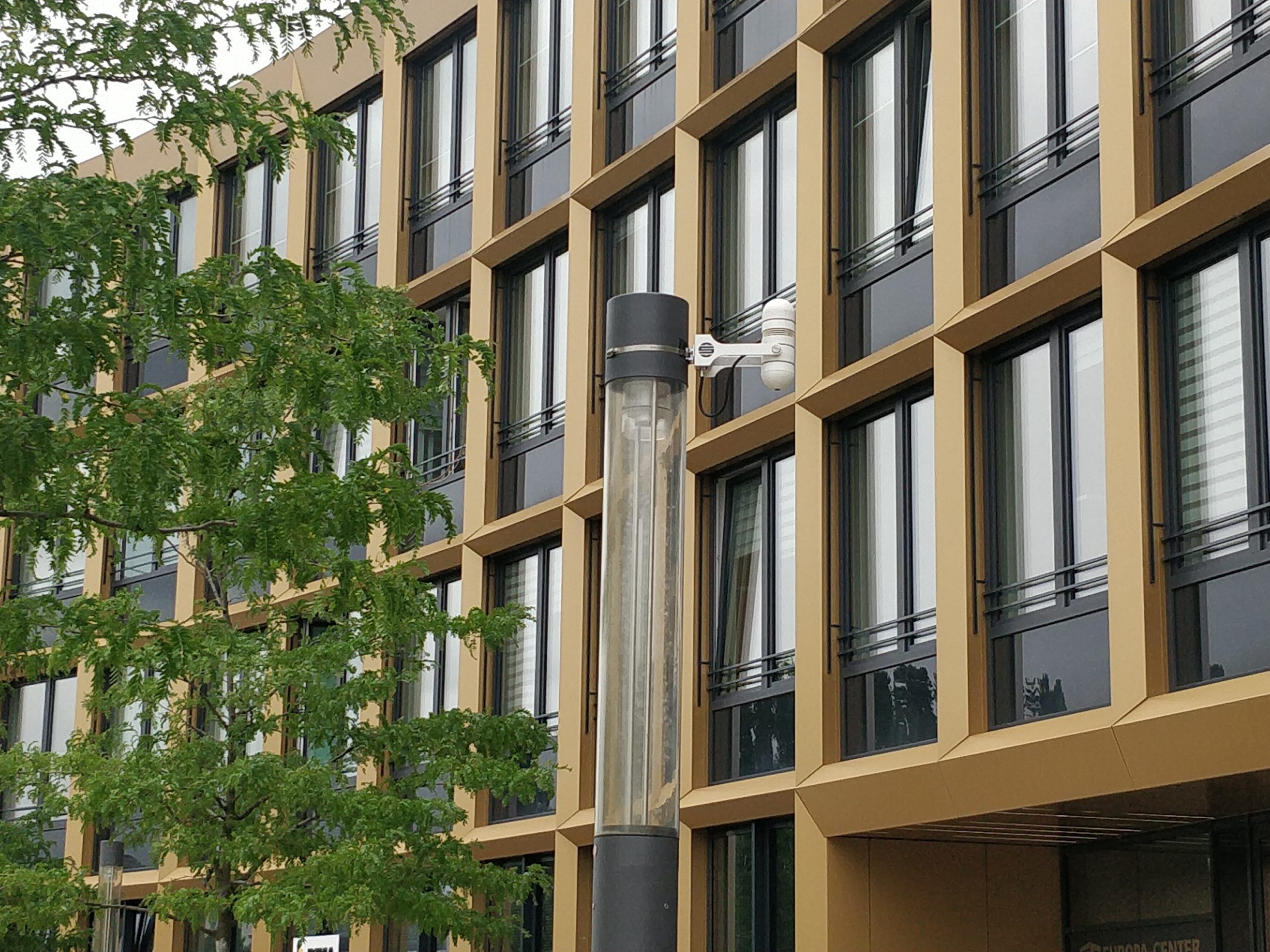Navigating the EU AI Act: What It Means for your City
As Europe advances its digital decade, cities stand at the heart of a new transformation, one that blends innovation with responsibility. The European Commission’s Apply AI Strategy signals a clear ambition: to make artificial intelligence a trusted partner in public service, not just a tool of industry.
For mayors and municipal leaders, this is more than a policy milestone, it’s a call to lead the AI transition from the ground up, ensuring technology serves people, improves services, and strengthens local innovation ecosystems.
For cities, the EU AI Act is both a responsibility and an opportunity. It ensures that the technologies shaping tomorrow’s public services, from digital assistants to predictive models and urban twins, remain aligned with European values of trust, fairness, and inclusion.
To build AI systems that citizens can trust, the EU AI Act establishes clear principles:
-
Human oversight – AI must serve people, not replace them
-
Transparency – citizens have the right to understand when and how AI is used
-
Safety and robustness – systems must perform reliably under real-world conditions
-
Fairness and non-discrimination – AI cannot reinforce bias or inequality
-
Accountability – public institutions must remain responsible for automated decisions
Europe’s new strategy, Apply AI, urges governments to move beyond pilots and prototypes, and to embed AI where it truly matters: in schools, hospitals, transport systems, and city halls. The aim is to build an AI-first public sector, one that is efficient, transparent, and inclusive by design.
The accompanying study, AI Adoption in the EU’s Public Sector, reveals enormous untapped potential:
-
Automating routine administrative tasks could free thousands of hours for human-centred work
-
Predictive analytics could enable better policy planning, from traffic management to social care
-
City demand for ethical AI solutions could create a thriving market for European startups and SMEs
For cities, this means re-imagining governance, not just digitizing processes, but redesigning them around data, evidence, and trust.
Why Cities Matter
Municipalities are Europe’s closest link to citizens, making them natural laboratories for responsible AI. Whether it’s managing urban mobility, energy efficiency, or waste systems, local administrations hold the power to turn innovation into tangible impact. By introducing AI-ready governance frameworks, cities can:
-
Deliver faster, fairer, and more personalized services
-
Support the local tech ecosystem through transparent and open procurement
-
Build citizen confidence through ethical and explainable technology
Trust, after all, is the currency of the digital city.
Whats the Challenge?
The Commission’s findings are clear: adoption is still too slow. Public administrations face gaps in skills, capacity, and interoperability. Procurement rules often favour large vendors, making it difficult for startups and civic innovators to participate.To overcome this, cities are encouraged to:
Establish dedicated AI & Innovation taskforces
Use challenge-based or pre-commercial procurement
Ensure data openness, quality, and interoperability
Integrate ethical and legal safeguards aligned with the EU AI Act which entered into force in 2024 and will become fully applicable from 2026
Bringing AI into the public sector isn’t only about efficiency, it’s about reaffirming Europe’s values in the digital age.
A Roadmap for Local Governments
-
Audit and identify where AI adds value, from mobility planning to citizen feedback systems
-
Build internal capacity, train teams in data governance, ethics, and risk management
-
Collaborate with startups and SMEs, create sandboxes and co-creation spaces
-
Procure innovatively, write tenders that invite experimentation and interoperability
-
Engage citizens, communicate openly about AI use, goals, and safeguards
-
Measure impact, use KPIs for transparency, satisfaction, and efficiency
Each of these steps is both a compliance measure and a trust-building exercise transforming regulation into opportunity.
City AI Readiness Check
To help municipalities reflect on their progress, here is a short self-assessment, a first step toward structured AI readiness. Is your city ready for the EU AI era?
-
Do citizens know when AI is used in city services?
-
Are there clear policies for ethical data use and bias prevention?
-
Do vendors disclose how their AI systems work and who oversees them?
-
Are municipal staff trained to review AI-assisted decisions?
-
Is there open communication with residents about AI projects and outcomes?
Scoring yourself:
4–5 “Yes” answers: You are ready to lead!
2–3 “Yes” answers: You are on the right track, formalize governance and partnerships
0–1 “Yes” answers: Start small, establish an AI task-force and identify one use case to pilot
Sources and Further Reading
-
European Commission – Apply AI Strategy
-
European AI Office, Governance and Implementation Support
-
European Digital Innovation Hubs (EDIHs), Training and Pilot Opportunities













